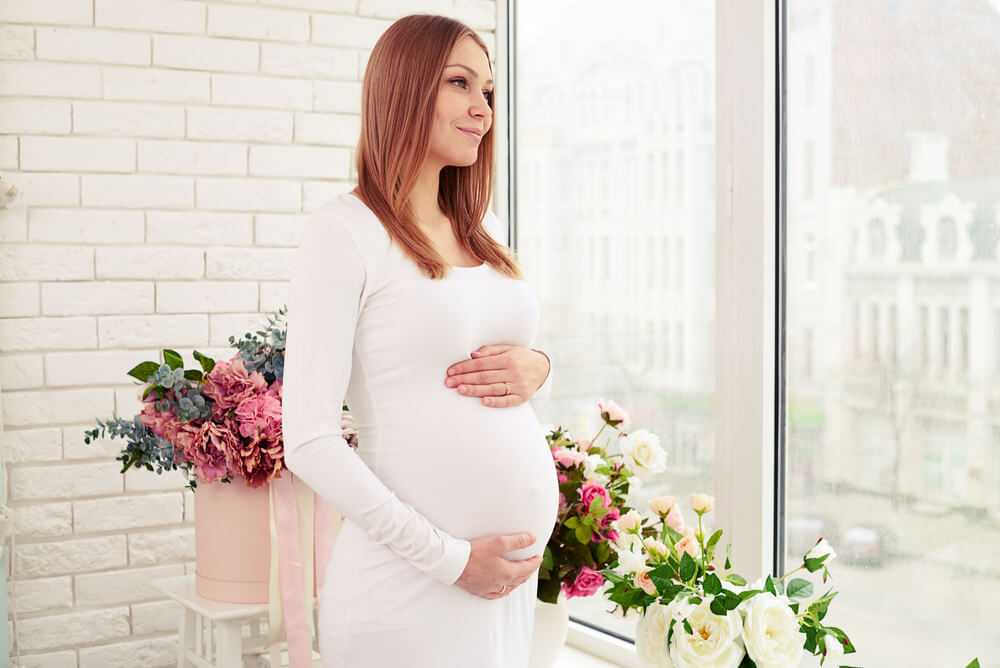
Can A Delayed Pregnancy Result In Smarter Kids
1 Jul 2022 | 3 min Read
Tinystep
Author | 2574 Articles
Married women who are in their late 20’s or early 30’s know that the ‘pregnancy’ topic is just around the corner. It’s time when relatives and family members talk about how even a late marriage and a delayed pregnancy is ‘risky and complicated.’ Much of these discussions indicate that married women should keep their careers aside and look forward to having a baby.
However, science has turned tables this time around too. A recent study published in the International Journal of Epidemiology (UK) compared results from three different studies from the past. These studies were conducted through 1958, 1970 and 2001 and compared the cognitive abilities of children accordingly.
The study rather indicated that babies born to younger mothers during 1958 and 1970 turned out to have higher cognitive abilities as compared to mothers in the age-group of 35-39. However, when this study was conducted in 2001, it was concluded that mothers in their late 30s had smarter kids, with improved cognitive abilities. Cognitive abilities have more to do with perception, retention, learning, and the ability to solve complex tasks. These abilities basically indicate that children have a better set of brain tools to go about things smartly.
What works for women at a later stage in life, in the context of the more recent study, is the improved socio-economic background. For women who are better educated, financially independent and stable, they are ready enough to bring up children with improved cognitive levels. And while women would want to reach that stage till they plunge into motherhood, late pregnancies do come with complications.
The risks of late pregnancies
A report produced by the Royal College of Obstetricians and Gynecologists, Sussex, London, said that the best age for childbearing is 20 to 35. The report further went on to explain that even while IVF is a preferable option to help in conceiving, it is likely to be less successful among older women. IVF has a success rate of 31% with women under the age of 35 while this rate drops down to 5% in case of women over 42 years of age. The report lists out some risks involved with delayed pregnancy. These include high blood pressure, leading to complications, a risk of miscarriage, and also a chance of having twins or triplets, which could call for more complications. The risk of high blood pressure could lead to pre-eclampsia. This is a pregnancy complication where organs could be damaged. However, congenital disabilities such as Down’s syndrome have otherwise been a concern with postponed pregnancies.
A


Suggestions offered by doctors on BabyChakra are of advisory nature i.e., for educational and informational purposes only. Content posted on, created for, or compiled by BabyChakra is not intended or designed to replace your doctor's independent judgment about any symptom, condition, or the appropriateness or risks of a procedure or treatment for a given person.
